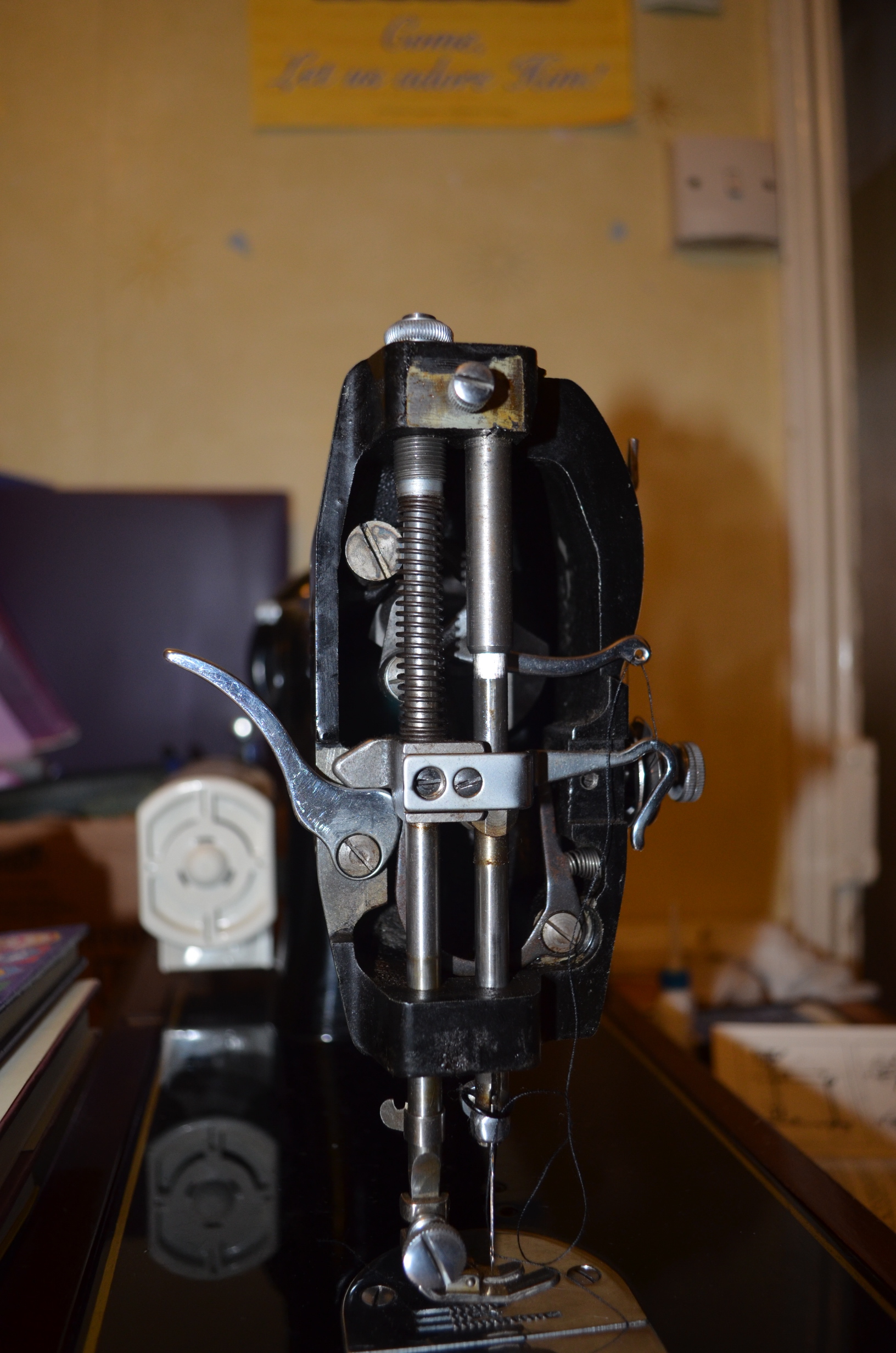

But where to start? It is often like searching for the proverbial needle in a haystack, but certain categories of artifacts can provide the initial insights and can be extremely relevant when performing a live disk analysis of an endpoint. To improve overall data security and minimize the risk of security incidents, organizations need to implement a proactive threat detection plan in addition to a reactive incident response activity. Dwell time (the time between initial compromise and detection) can vary from a few hours to several months. And when responding to a security incident, time is of the essence, particularly with the increasingly stringent data protection requirements set by numerous government regulations and industry standards.ĭetecting and containing a security incident is no easy feat in the simplest of network architectures, and the more complex the network, the more difficult detection becomes. While using a forensics tool to extract artifacts from endpoint memory is the typically the most comprehensive method of reconstructing a potential incident, it’s also the most time- and resource-intensive. But even the most sophisticated hacker can leave behind footprints that can help incident responders piece together what happened to try and prevent a repeat.

Understanding the anatomy of a potential incident can be one of the most challenging tasks that an incident response team faces, especially in the increasingly complex, cloud computing environments most organizations have today.


 0 kommentar(er)
0 kommentar(er)
